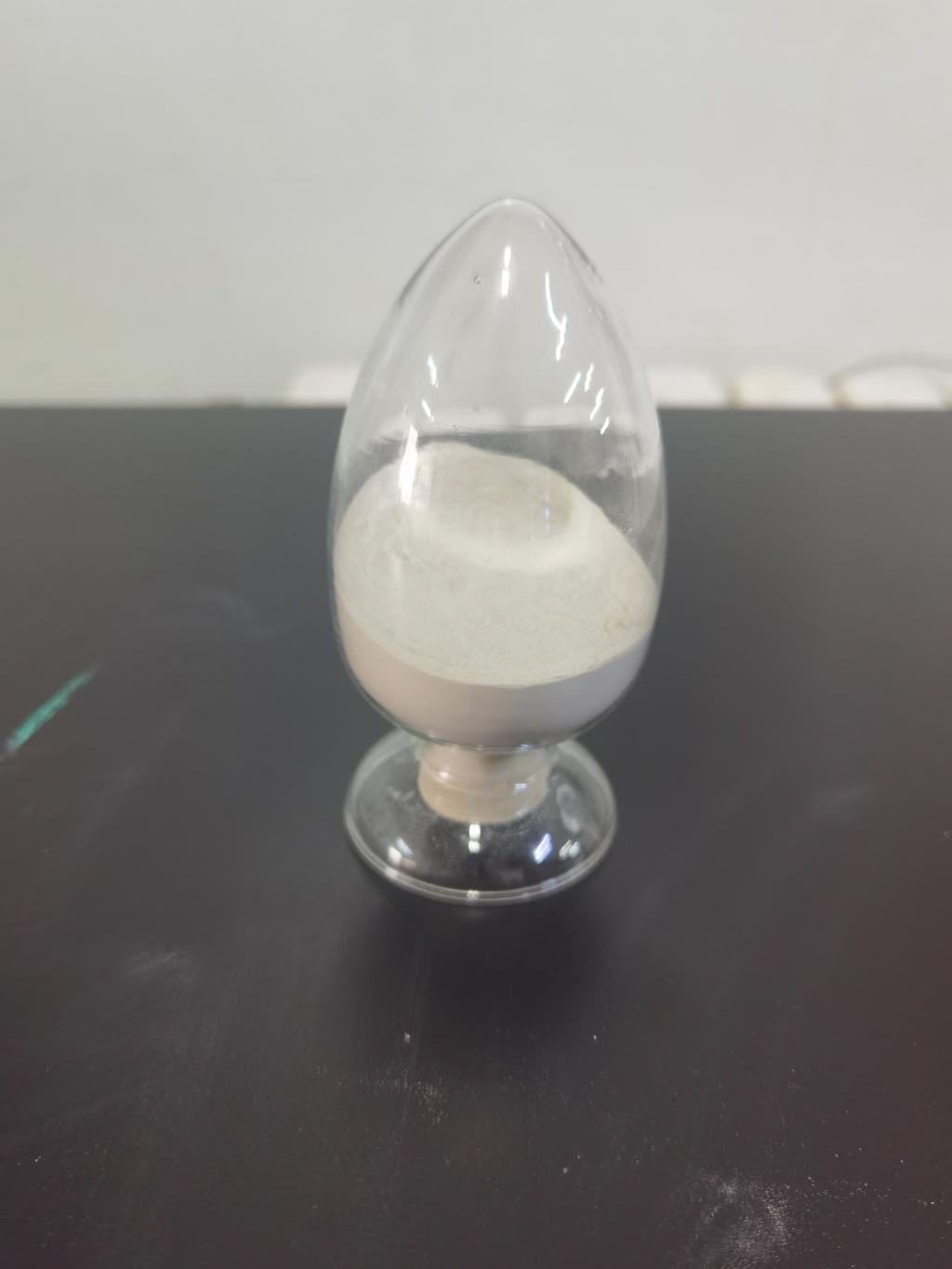Tel:+8618231198596

News
 CONTACT
CONTACT
 CONTACT
CONTACT
- Linkman:Linda Yao
- Tel: +8618231198596
- Email:linda.yao@dcpharma.cn
- Linkman:CHARLES.WANG
- Department:Overseas
- Tel: 0086 0311-85537378 0086 0311-85539701
News
Nisin’s application in enhancing the safety of pre-packaged salads and fresh-cut vegetables.
TIME:2024-10-09
The Challenges with Pre-Packaged Salads and Fresh-Cut Vegetables
Pre-packaged salads and fresh-cut vegetables are particularly susceptible to microbial contamination due to several factors:
High Moisture Content: The high water content in fresh produce provides an ideal environment for bacterial growth.
Processing and Handling: The cutting, washing, and packaging processes can introduce pathogens if not carefully managed.
Storage Conditions: Temperature fluctuations during transportation and storage can lead to the proliferation of microorganisms.
Consumer Behavior: Once opened, pre-packaged salads and fresh-cut vegetables may be stored improperly by consumers, further increasing the risk of spoilage and pathogen growth.
Nisin: An Overview
Nisin is a bacteriocin produced by certain strains of Lactococcus lactis and has been used in the food industry for over 50 years, primarily as a preservative in dairy products, canned foods, and meat. It is highly effective against a wide range of gram-positive bacteria, including Listeria monocytogenes, Staphylococcus aureus, and Bacillus cereus. Nisin's mechanism of action involves disrupting the cell membrane of target bacteria, leading to leakage of cellular contents and ultimately, cell death. Its effectiveness, combined with its natural origin, makes nisin a GRAS (Generally Recognized As Safe) substance, approved for use in various food applications by regulatory bodies such as the FDA and EFSA.
Potential Benefits for Pre-Packaged Salads and Fresh-Cut Vegetables
Extended Shelf Life: By inhibiting the growth of spoilage and pathogenic bacteria, nisin can help extend the shelf life of pre-packaged salads and fresh-cut vegetables, reducing the incidence of premature spoilage and waste.
Enhanced Food Safety: Nisin's broad-spectrum activity against harmful bacteria, including those that cause foodborne illnesses, can significantly reduce the risk of contamination, thereby enhancing the overall safety of these products.
Clean Label Appeal: As consumer demand for natural and minimally processed foods increases, nisin offers a clean-label alternative to synthetic preservatives, aligning with the trend towards more transparent and natural ingredient lists.
Sensory Preservation: Unlike some chemical preservatives, nisin does not typically affect the taste, texture, or appearance of foods, making it an ideal choice for preserving the sensory qualities of fresh produce.
Research and Development
Ongoing research is exploring the optimal ways to incorporate nisin into pre-packaged salads and fresh-cut vegetables. Key areas of investigation include:
Concentration and Formulation: Determining the most effective concentration of nisin and the best method of application (e.g., direct addition, coating, or incorporation into packaging materials).
Synergistic Effects: Investigating the potential synergies between nisin and other natural antimicrobials, such as essential oils or plant extracts, to achieve enhanced preservation effects.
Packaging Innovations: Developing active packaging systems that release nisin gradually over time, providing continuous protection against microbial growth throughout the product's shelf life.
Microbial Resistance: Monitoring the potential development of resistance to nisin among bacterial populations, although current evidence suggests that resistance to nisin is rare and slow to develop.
Case Studies and Applications
Fresh-Cut Lettuce and Leafy Greens: Studies have shown that nisin can effectively inhibit the growth of E. coli O157:H7 and L. monocytogenes on fresh-cut lettuce, extending its shelf life and improving safety.
Pre-Mixed Salad Kits: Incorporating nisin into the dressing or applying it directly to the salad components can provide a protective barrier against bacterial contamination, ensuring the safety of the entire kit.
Vegetable Slices and Dips: Nisin can be added to vegetable dips or used as a surface treatment on sliced vegetables, such as carrots and celery, to prevent microbial growth and maintain freshness.
Conclusion
The application of nisin in pre-packaged salads and fresh-cut vegetables holds significant promise for enhancing food safety and extending shelf life without compromising on quality or taste. As the food industry continues to seek out natural and effective solutions to address the challenges of food preservation, nisin stands out as a versatile and reliable option. With further research and development, nisin could play a crucial role in ensuring that these popular and convenient products remain safe, fresh, and appealing to consumers around the world.
- Tel:+8618231198596
- Whatsapp:18231198596
- Chat With Skype







